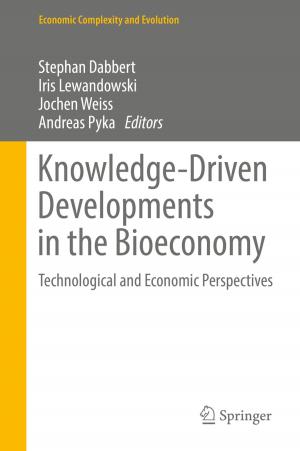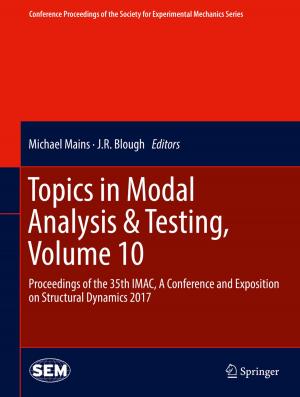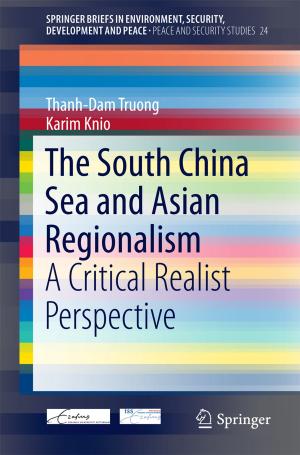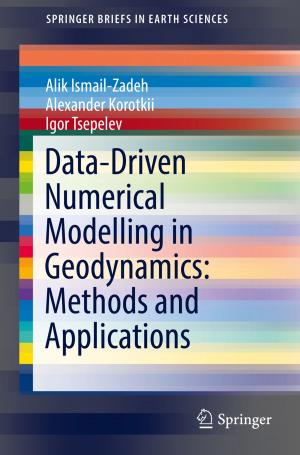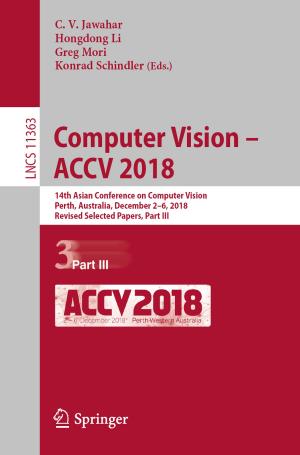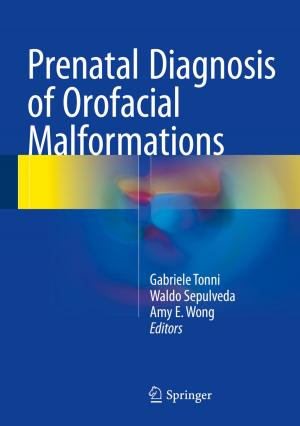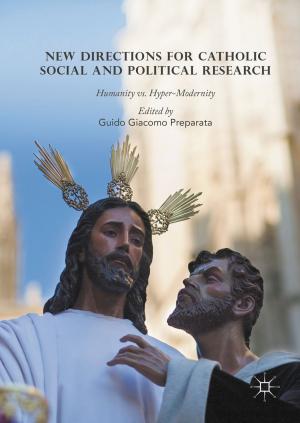The Problem of Objectivity in Gadamer's Hermeneutics in Light of McDowell's Empiricism
Nonfiction, Religion & Spirituality, Philosophy, Phenomenology, Mind & Body| Author: | Morten S. Thaning | ISBN: | 9783319186481 |
| Publisher: | Springer International Publishing | Publication: | August 21, 2015 |
| Imprint: | Springer | Language: | English |
| Author: | Morten S. Thaning |
| ISBN: | 9783319186481 |
| Publisher: | Springer International Publishing |
| Publication: | August 21, 2015 |
| Imprint: | Springer |
| Language: | English |
This book reassesses Gadamer’s hermeneutics by bringing it into a dialogue with John McDowell’s minimal empiricism. It employs the resources of McDowell’s minimal empiricism to address the transcendental and ontological presuppositions for objective experience and understanding, while retaining Gadamer’s emphasis on the historicity of understanding. By means of the dialogue with McDowell, the book develops a hermeneutical conception of objectivity and perceptual experience, which also entails reinterpretations of Gadamer’s notions of tradition, practical wisdom and meaning. The book explores the philosophical space beyond the analytic-Continental divide and demonstrates that hermeneutics is not limited to a reflection on understanding as it is practiced in the human sciences, but can be revived as a distinct and cogent philosophical approach with a transcendental and ontological dimension.
Thaning's book is a richly detailed, well-argued and coherent presentation of a defensible, and potentially very important, philosophical position. It demonstrates an impressively deep understanding of the literature both from the phenomenological tradition and from the part of the analytical tradition, inspired by Wilfred Sellars, to which John McDowell belongs. Being a substantial philosophical achievement in its own right, the book raises far-reaching ques
tions that will be of interest to a wide audience.
Dr. Steven Crowell, Rice University, Houston (USA)
Morten Thaning’s book is an important contribution to the discourse of philosophical hermeneutics. Thaning extensively discusses a topic, which recent debates have touched upon, but which up to now has not been the subject matter of concentrated scholarly work: the relation between Gadamer’s hermeneutics and McDowell’s empiricism. With Thaning’s interpretation Gadamer’ work can be read anew as concerning the problem of hermeneutical objectivity.
Prof. Dr. Günter Figal, University of Freiburg (Germany)
This book reassesses Gadamer’s hermeneutics by bringing it into a dialogue with John McDowell’s minimal empiricism. It employs the resources of McDowell’s minimal empiricism to address the transcendental and ontological presuppositions for objective experience and understanding, while retaining Gadamer’s emphasis on the historicity of understanding. By means of the dialogue with McDowell, the book develops a hermeneutical conception of objectivity and perceptual experience, which also entails reinterpretations of Gadamer’s notions of tradition, practical wisdom and meaning. The book explores the philosophical space beyond the analytic-Continental divide and demonstrates that hermeneutics is not limited to a reflection on understanding as it is practiced in the human sciences, but can be revived as a distinct and cogent philosophical approach with a transcendental and ontological dimension.
Thaning's book is a richly detailed, well-argued and coherent presentation of a defensible, and potentially very important, philosophical position. It demonstrates an impressively deep understanding of the literature both from the phenomenological tradition and from the part of the analytical tradition, inspired by Wilfred Sellars, to which John McDowell belongs. Being a substantial philosophical achievement in its own right, the book raises far-reaching ques
tions that will be of interest to a wide audience.
Dr. Steven Crowell, Rice University, Houston (USA)
Morten Thaning’s book is an important contribution to the discourse of philosophical hermeneutics. Thaning extensively discusses a topic, which recent debates have touched upon, but which up to now has not been the subject matter of concentrated scholarly work: the relation between Gadamer’s hermeneutics and McDowell’s empiricism. With Thaning’s interpretation Gadamer’ work can be read anew as concerning the problem of hermeneutical objectivity.
Prof. Dr. Günter Figal, University of Freiburg (Germany)

